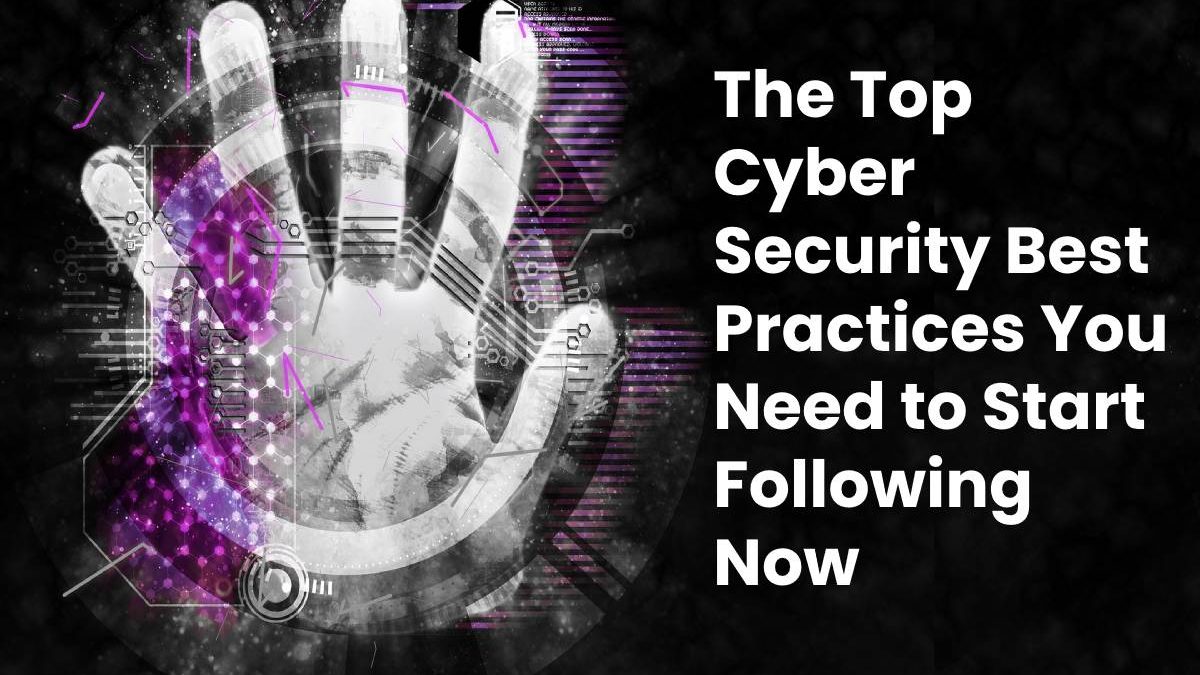Cyber Security Best Practices
Cyber crimes have recorded the most cases in the previous year all over the globe. It is now clear to see that most online entities, including the e-commerce sector and social media channels are in great peril. As technologies continue to advance and dominate each and every aspect of our regular lives, cyber criminals too have evolved by adopting new schemes and strategies to hack websites. Most of these attacks are suffered by small and medium-sized businesses.
If you have a website then you must be aware of the fact that you could be on the list of many cyber criminals who are waiting for the opportunity to breach through web security protocols and hijack your sessions to either steal important data or hold your website hostage in order to extort money in its stead.
The demand for managed IT services has grown exponentially in recent years. Managed IT services can maintain data in secure way that is compliant with relevant industry regulations.
An online cyber security degree from ECCU will prepare you for a career in this fast-growing cyber security space and meet the challenging requirements.
There is an immediate need to implement and follow cybersecurity best practices known to help websites from attackers of all kinds.
- Installing Antivirus
Antivirus programs are a go-to solution that safeguards websites from getting attacked by hackers, invaders, and data thieves. Any high-quality antivirus is capable of blocking a wide range of harmful viruses that are mostly spread by cybercriminals to make a site defenseless during security incidents. One common way to get malware or viruses is through phishing emails sent to company employees. Once opened, the viruses contained in the mail can spread out on a local workstation, and access the internet to do more damage.
- Being Vigilant
Nothing beats keeping a watchful eye on your website’s performance report and ensure that not even the slightest detail goes unchecked. These reports should include error messages and other important details about what is going on your website in the background. If a hacker has ever made it to a website, they could leave a sign that can alarm security professionals and allow them to prepare measures to block that individual’s access.
- Regular backups
Keeping a backup might seem like an insignificant task to most people who have no idea how it can help you recover any sort of data loss. IT professionals understand that cybercriminals usually attack any online entity in the hope of stealing sensitive information. This kind of data can be sold in the black market for many other criminals to use however they want. But if you keep a backup of your data secured in a remote server, your website can recover quickly.
- Strict authentication
The authentication process is a great way to protect personal information like login credentials, payment details, etc. from hackers who try to gain access to a website posing as a fake user.
By making authentication even more difficult to crack, you can rest easy. An industry favorite authentication method currently popular is known as 2FA authentication which requires one to complete 2 steps in order to verify their identity to proceed without getting blocked.
- Security systems
Most businesses and individuals do not comprehend the importance of investing and having the best possible security system at their service. They continue using outdated strategies and systems hoping for a better result which is impossible.
All physical businesses require innovative and impossible hack security systems to limit unauthorized access to company-related sensitive information at all times.
In addition, investing in better network security design and robust cybersecurity solutions can help minimize risks and threats in modern businesses.
CCTV and biometric is just an example of some security systems worth investing in.
- Cybersecurity policies
A large or medium-sized business that has hundreds of employees working together could probably suffer from a security incident by a hacker or a group of cybercriminals.
To avoid a situation like that from occurring, people should implement and follow few cybersecurity protocols that maintain strict standards to protect data.
Many IT sector giants have their own version of cybersecurity policy and some guidelines to educate their employees about the best practices to follow.
Therefore, it is critical that IT department leaders have completed cyber security leadership training so that they are implementing best in class practices.
- Hire security specialists
Professionals who know every single approach to strengthening anti-cyber-attack measures should be your first preference as you feel the need to protect your business.
Only a specialist would be able to carefully assess the entire platform and tell you about the weaknesses and loopholes it has. The best thing about hiring a team of specialists in cybersecurity is not only proper identification of problems but also getting prompt solutions to fix them one by one.
- Use advanced firewall
Other than antivirus, there is one more piece of technology that can protect user’s data from being stolen by a capable cybercriminal and that is a firewall. As the name suggests, it is a wall that keeps critical data away from a hacker’s reach.
Just like antivirus, firewalls get better over time through constant technological development. You should always choose an up-to-date firewall with the latest settings to conveniently manage who can access your data.
These were some of the things you can do to ensure that your website remains protected from hackers.
These top 8 best practices will get you far towards being more secure, but if you really want to be extra secure consider a top down approach covered by an extensive list like this one covering over 100 cybersecurity points to get right.

